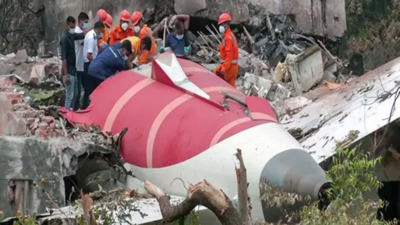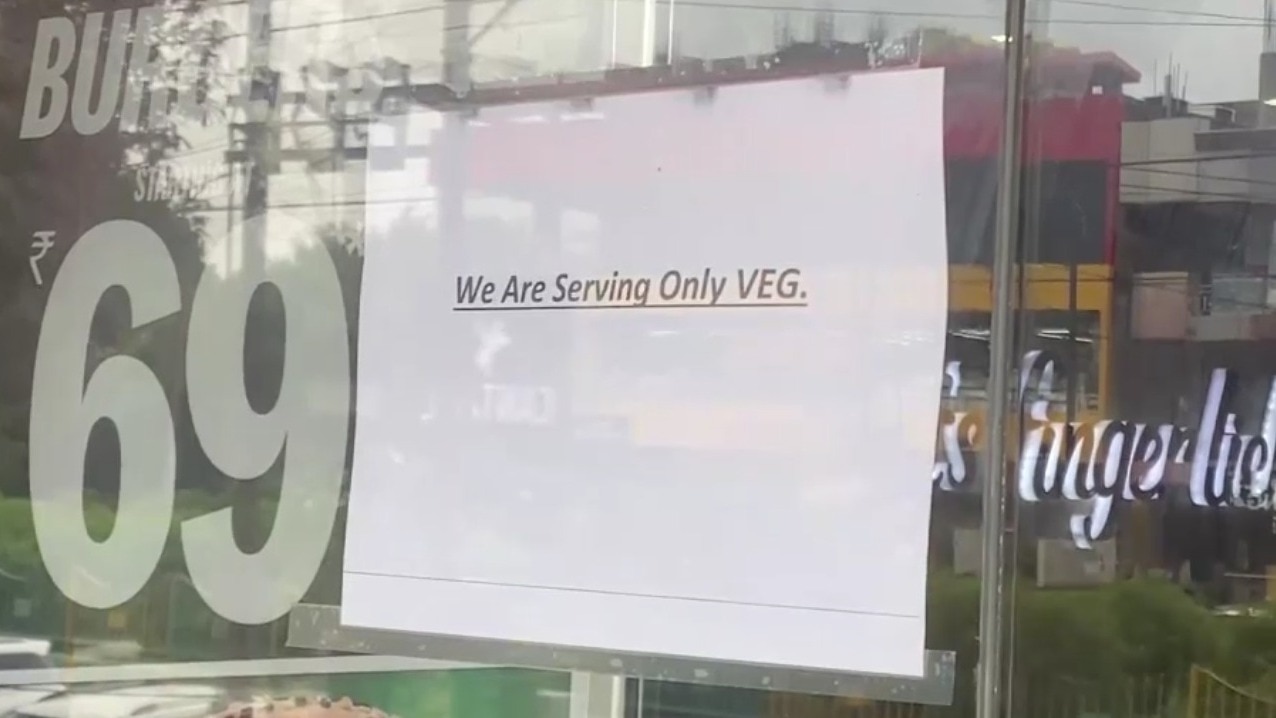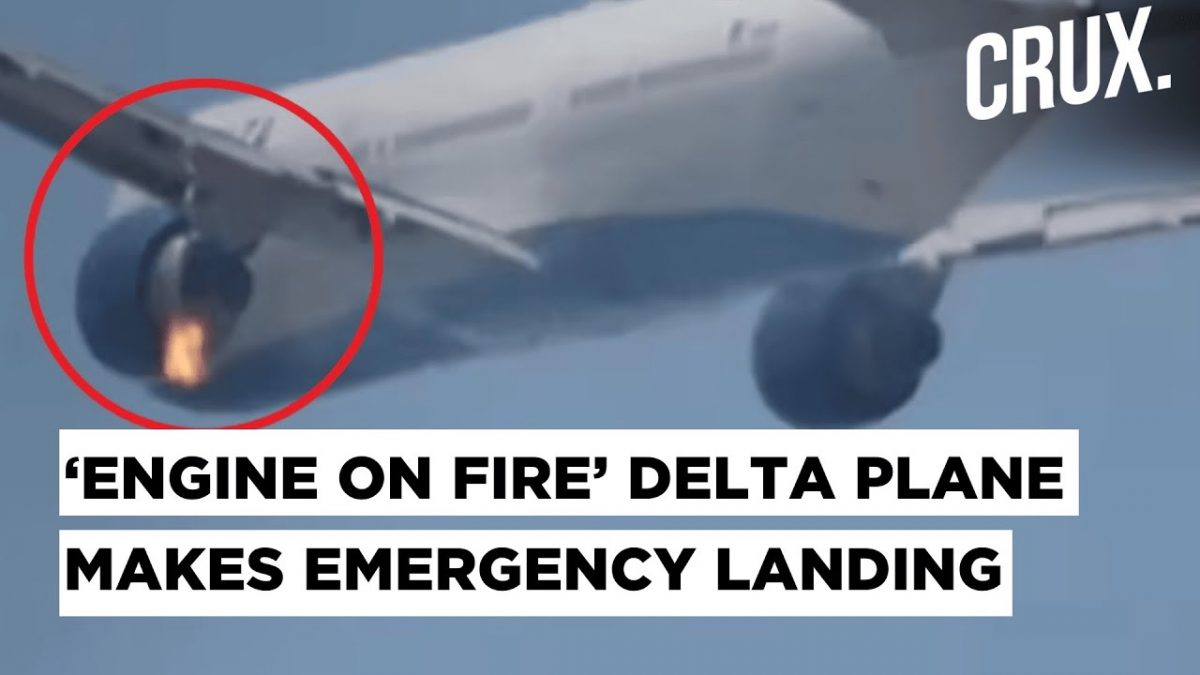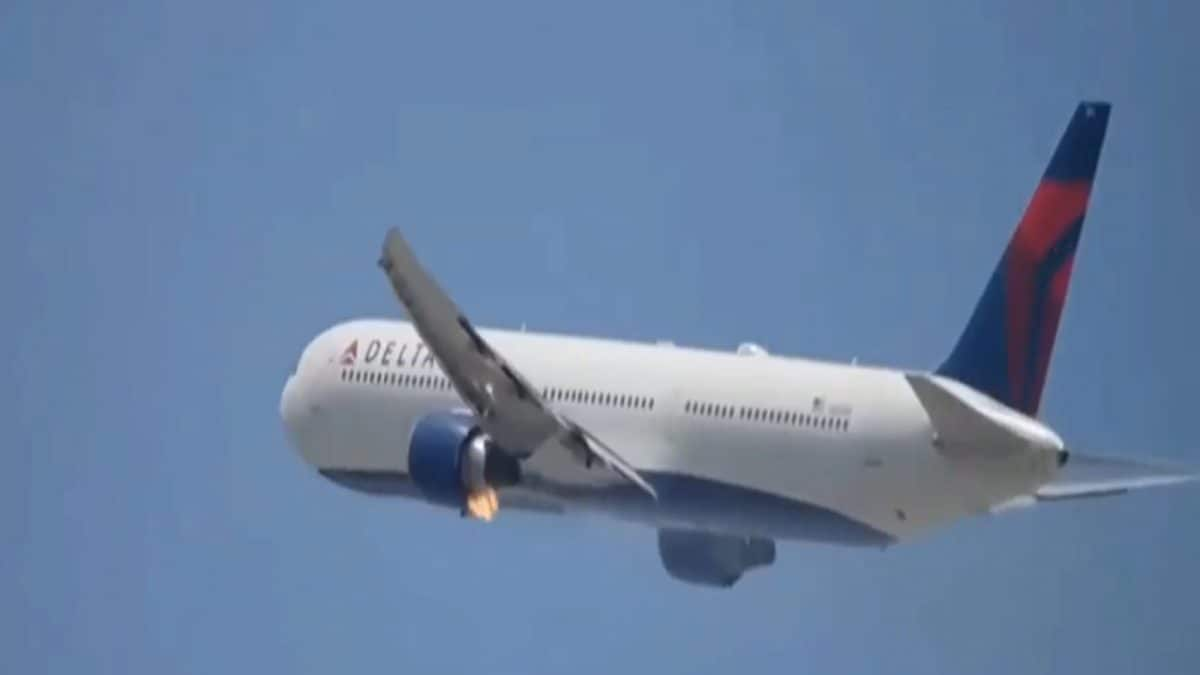ARTICLE AD BOX

NEW DELHI: Two key messages given by the Union aviation ministry to Tata Sons and Air India chairman N Chandrasekaran on Friday were to "end the culture of backseat driving" in key AI departments with a direct bearing on safety, and that people holding posts in these core departments should have the final authority to take decisions and not be there merely to be fall guys when things go south, thereby protecting the alleged backseat drivers.Union minister Ram Mohan Naidu, secretary Samir Kumar Sinha and DGCA chief Faiz Ahmed Kidwai had met Chandrasekaran on Friday to discuss steps to improve airline's safety. Chandrasekaran is learnt to have agreed to these suggestions."Some departments, like safety, training, maintenance, engineering and 'integrated operation control centre' (IOCC), are key to ensuring overall operations take place safely.
There were observations about some of these departments having a dichotomy in terms of someone being the post holder but someone else calling the shots. This needs to be resolved and we are hopeful the same will happen," said people in the know.After the June 12 AI 171 crash and subsequent minor incidents, the ministry has been holding high-level discussions with AI management headed by CEO Campbell Wilson. Three days of intense discussions culminated in the Chandrasekaran-Naidu-Sinha-Kidwai meeting on Friday.
Following the minor incidents (AI 171 is being probed separately), AI post-holders were called to regulatory agencies concerned multiple times. With knowledge of AI's inside functioning, regulatory officials often "felt bad" for the "scapegoats" as those really calling the shots were not before them. "Unko kyan bolein hum (What can we say to them)," shrugged some officials who face this dilemma.On June 21, the DGCA had ordered the removal of three AI officials in charge of crew scheduling following "lapses in licensing, rest, and recency requirements", while warning it could go to the extent of shutting down AI if lapses in crew scheduling continued.One other thing that has been subtly pointed out to the management by officials following the June 12 crash is the airline's decision to keep items from planes that have crashed in the past (not AI 171) at its mega Gurgaon complex. Things like seats, instruments and flight data recorders have been kept on display. While it was perhaps meant to serve as a reminder of the need for safety, it is intensely disliked by a large number of employees.
"We need positive energy and that place brings just negativity. We look at those seats and feel someone might have perished on them," said many employees.A senior govt official said: "With Tatas and Singapore Airlines as its stakeholders, this is the best chance AI has to become the airline of JRD's dreams. Along with IndiGo, India today is looking at the possibility of two big Indian airlines, with some promising newbies that can also make it big some day.
Govt will help Indian airlines, and that is what it is doing with AI handholding at this difficult time. Also, safety is govt's responsibility also in a highly regulated sector like aviation.
"All airlines have their own issues, and AI is not alone. "Our attention on AI as of now is like a teacher paying extra attention to a promising student who might not be doing well for some reason," govt officials said, adding, "It is time the well-run Singapore Airlines helps its JV come out of this huge crisis."



.png)
.png)
.png)
















 8 hours ago
5
8 hours ago
5








 English (US) ·
English (US) ·